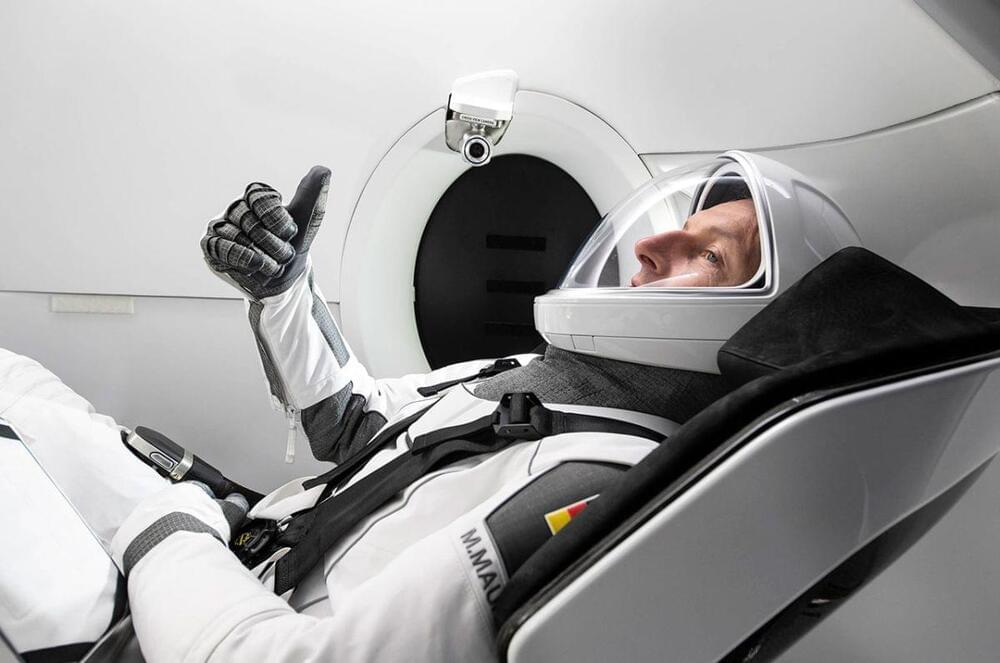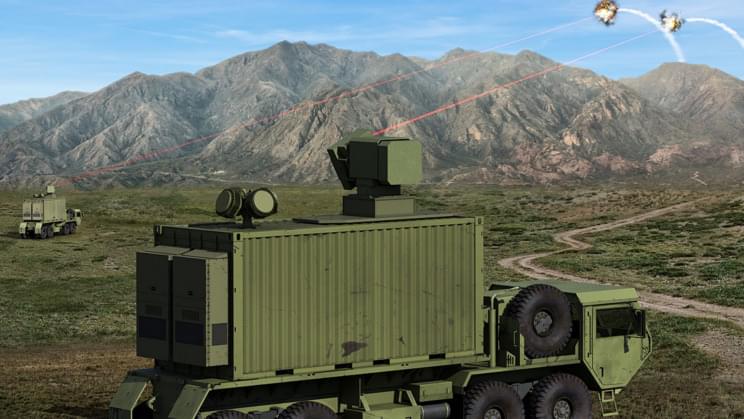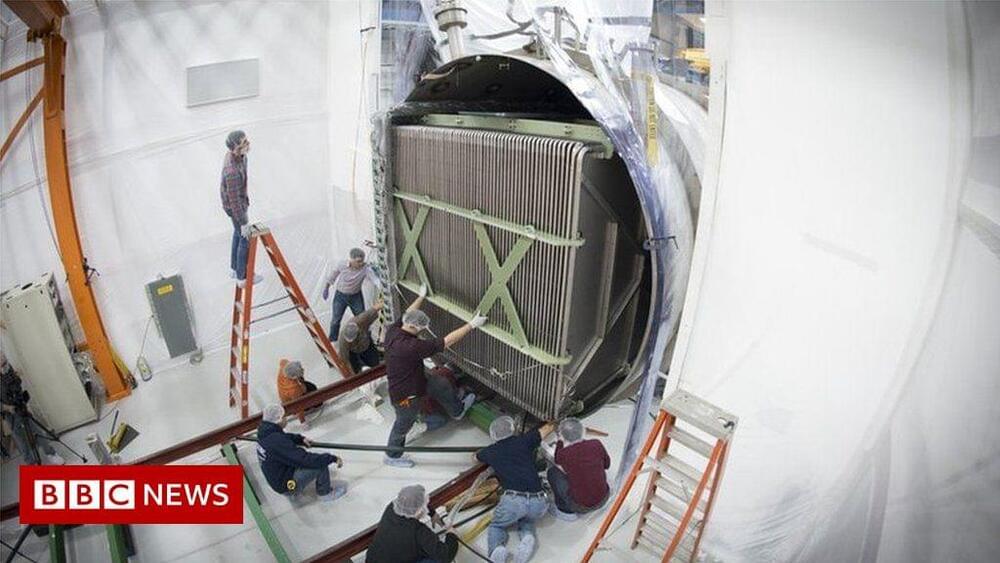The final humorous argument I have is if one example is really a robot. Aylett and Vargas describe a “robot” as a humanoid machine that doesn’t manipulate anything. It just provides information at a shopping center. How does that fit into their own definition of a robot? It sounds more like an overgrown tablet computer with wheels. However, that’s a fun argument having nothing to do with the business value of whatever you want to call it.
Full Story:
This is a review of the third book sent to me recently by MIT Press, and the book is the best of the bunch. “Living With Robots,” by Ruth Aylett and Patricia A. Vargas is a good, non-technical book that discusses a number of issues with robots in human society. This is excellent for both business managers and those more generally interested in both the promise and reality of robots in society.
One exam of the accessibility of the material is in chapter 8 where there’s a discussion on reinforcement learning. There are good theoretical examples and how reinforcement learning has risks in the real world. I really liked the part where the authors discuss blending simulation and real world testing.
Chapters on understanding location, on movement, the sense of touch, and on other issues help describe the complexity and difficulty with integrating robots into society.






